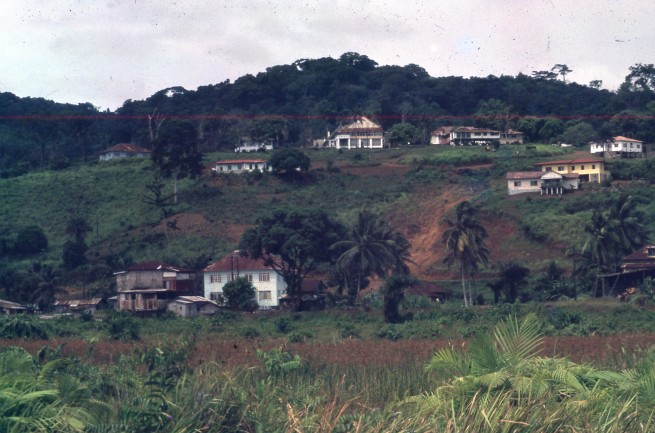In mid- August, USAID awarded Tetra Tech and its partner CDR Associates a contract to work collaboratively with the Government of Liberia and its Land Commission to enhance their capacities to further implement the nation’s new Land Policy. This new contract is a follow-on to others in Liberia in which Tetra Tech and CDR were involved.
The new Land Policy outlines a process by which communities – principally composed of members of one ethnic group, but which may also include minorities from others – can apply for and receive government recognition of their right to occupy and manage their historic lands, and receive formal legal title of ownership. The policy is very progressive, especially for many countries in Africa where colonial powers or other elites often claimed and designated land belonging to ethnic communities as state land. This designation commonly disenfranchised members of ethnic communities from decision making about the management and use of their land, and often resulted in it being allocated to non-members or foreign concessions that reaped benefits of natural resources without local consultation, approval and little, if any, benefit sharing.
A major focus of the LGSA on which Tetra Tech, CDR, local Liberian partner organizations and the Land Commission will collaborate, involves providing technical and process assistance to the Commission and interested ethnic communities to complete the requirements for legal recognition of community land. Communities wishing to secure legal recognition are required to: 1) self-identify their members, which includes formally recognizing women, youth and minorities residing on community land as full-members: 2) negotiate and reach formal agreements with adjacent communities on common boundaries; and 3) establish an inclusive governance structure to make decisions about community land – such as land use, allocation, demarcation of internal land boundaries, form(s) of member ownership, sale or lease of community or individually held land, and relations with external parties, such as investors or concessions. Once these tasks have been accomplished, communities can formally apply to the Government for recognition of ownership and receive a title in the name of the community.
Tetra Tech, CDR and their local partners will provide Land Policy implementation process assistance, build Commission capacities to educate communities about land recognition procedures, help communities prepare to negotiate internally to recognize members and establish boundaries with neighbors, and design and implement acceptable land governance structures. As accomplishing these tasks will likely in some areas involve significant tensions and conflicts, the LGSA partners will build the capacities of respected leaders in government, non-governmental organizations and customary communities to provide facilitation and mediation assistance to help resolve disputes and reach mutually acceptable and durable agreements. For more information, contact Chris Moore.

